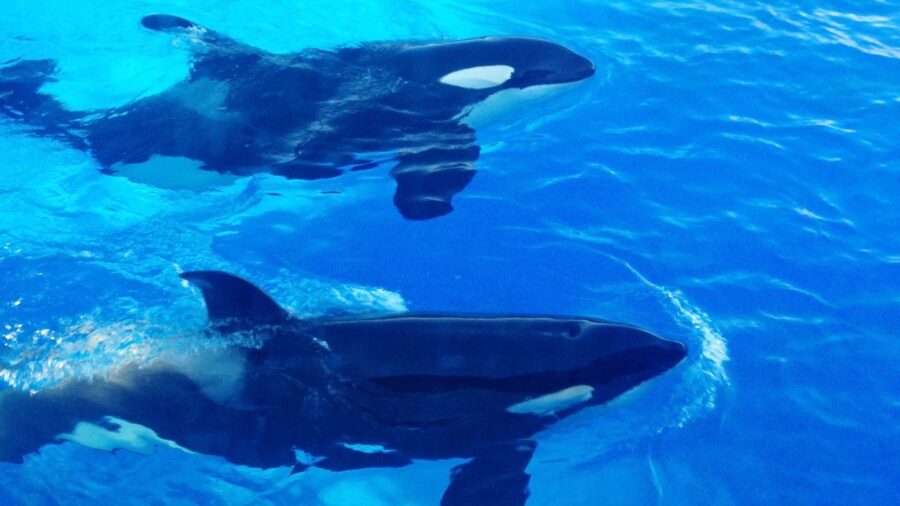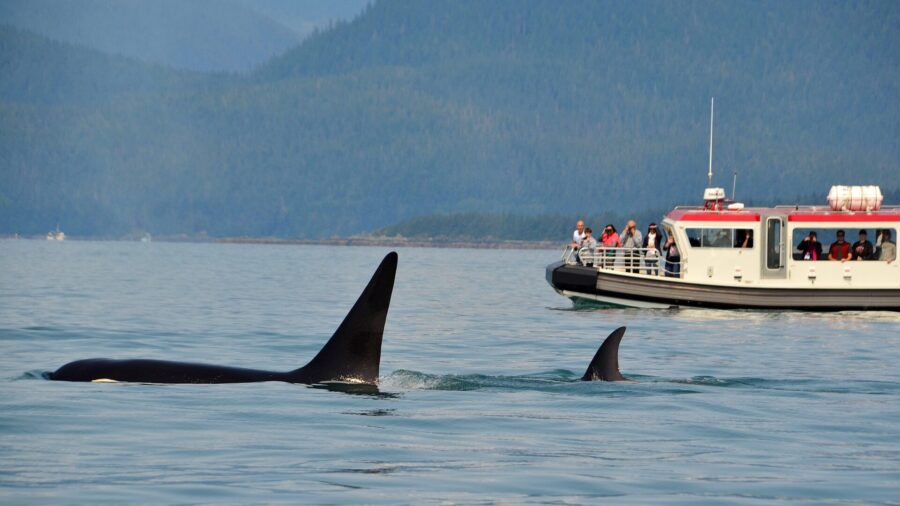Killer Whales Are Attacking Boats Every Single Day
Killer whales near Europe continue to attack boats.

A site that tracks the movements of killer whales near Portugal has been logging regular attacks and sightings, with at least one encounter per day so far this month. According to ScienceAlert, Rui Alves created orcas.pt last year to track encounters between boats and orcas in an area near the Strait of Gibraltar, between Morocco and Spain, off the coast of Portugal. In recent months, there has been an increase in orca activity in that area, including several attacks on boats.
The site allows sailors along the coasts of Portugal and Spain to report contact with killer whales along with their locations to warn others that they might want to steer clear of the area. Orcas are apex predators and are not to be trifled with, having not only attacked boats but having been known to hunt blue whales and great white sharks. The most important thing to remember around these creatures is to never enter the water with them.
The incidents with killer whales Alves is tracking are currently averaging about one per day, he says, though some days there are more. For example, there were two attacks recorded on June 8, and on June 3 there were four. Overall, since June 1, the site has tracked 12 orca sightings in the area in addition to 10 attacks.
There are differing theories regarding this increase in encounters with and attacks by killer whales. While the orcas are clearly spending more time around boats, their motivation is not known. Some think they want to play—and apparently, they play a little rough—while others believe an orca known as White Gladis was traumatized and the other orcas are mimicking her attacks.

Whatever the reason for the rise in the killer whales’ interactions with boats, the increase has caught observers by surprise. It could possibly be in part a phenomenon caused by the site itself. Sailors could be heading toward the areas of the sightings, hoping to catch a glimpse of the orcas, though that seems unlikely given the danger that they might attack.
Alternately, the site could simply be collecting more data on the activity of killer whales, revealing that sightings and attacks are more common than was previously known. While the site has been up for a year, it’s possible that more sailors are using it now and that those using the site are reporting more frequently. But the data spike also coincides with other reports that these encounters are increasing.
Whatever the case, it’s clear that killer whales do earn their name and that they are not safe if ever they are encountered in the open water. If you’re out on the ocean near any places where orcas are spotted, just remember that this isn’t Sea World and you don’t have a whistle and a bucket of fish. Actually, if you do have a bucket of fish, you’d best keep that to yourself; they might be pretty to look at, but they are not your friends and you’re in their territory.












